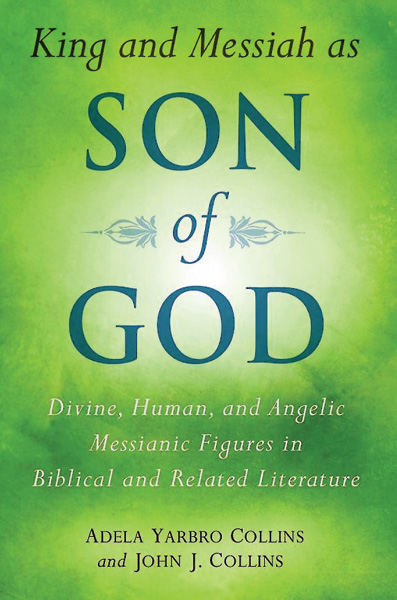
What is the origin of the idea in canonical Christian texts that Jesus existed prior to the Incarnation? And what is the source of the claim that he is a divine Messiah? These are the sorts of issues explored by Yale University scholars Adela Yarbro Collins and John Collins, a wife and husband team, each of whom wrote four of the chapters of their book. Both are prominent scholars who have spent their careers exploring eschatological topics and ancient apocalyptic texts.
The result of their exploration is that “ideas about Jesus as preexistent and divine originated in a Jewish context.” To show this they deal with the use of titles such as Son of God, Son of Man, and Messiah in the Hebrew Bible, in early Jewish literature (such as the Dead Sea Scrolls and other works such as 1 Enoch), and in the New Testament itself. They examine in detail what these texts say about the preexistence and the divinity of the messianic characters who figure in them.
Titles like “Son of God,” “Son of Man” and “Messiah” have spawned a vast library of studies over the years as experts have attempted to determine what the various ancient writers meant when they used them. The first half of the book, by John Collins, begins by examining Egyptian and Mesopotamian texts, as well as the Hebrew Bible, to determine what it meant for the king to be the son of a god. He concludes that the title points to a special relationship between god and king, though the king may not have been thought to be a god.
Already a library member? Log in here.
Institution user? Log in with your IP address.

